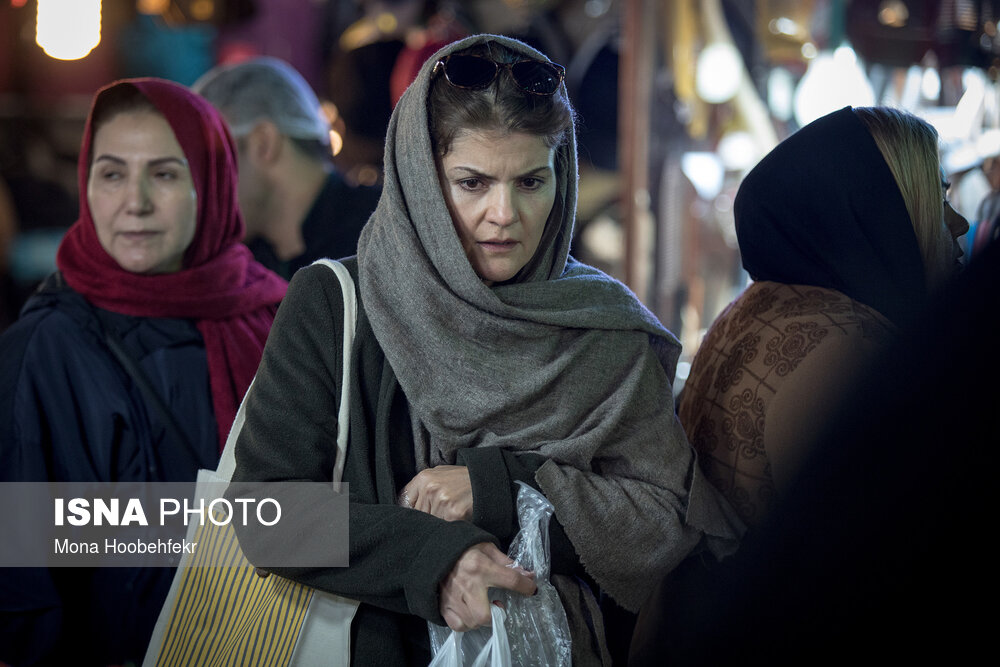“Iran is just the latest example of how sanctions rarely, if ever, meet their stated goals yet consistently succeed in causing mass civilian suffering and casualty,” Responsible Statecraft, an online magazine of Washington-based Quincy Institute, said in an article published Monday.
The article referred to US Treasury Secretary Janet Yellen’s recent remarks in which she admitted that sanctions imposed on Iran simply are not working, or at least working “much less than we would ideally like.”
She noted that the measures failed to cause a behavioral change in Iran, rather creating a “real economic crisis in the country.”
The United States under former President Donald Trump reinstated crippling sanctions on Iran after unilaterally walking out of the 2015 nuclear deal in May 2018, despite Iran’s full compliance with the terms of the agreement, officially known as the Joint Comprehensive Plan of Action (JCPOA).
Although Trump failed to achieve his professed goals with the so-called “maximum pressure” campaign, the waves of sanctions took a heavy toll on ordinary Iranians, including those battling life-threatening diseases.
The sanctions, maintained by Trump’s successor, have restricted the financial channels necessary to pay for basic goods and medicine, undermining supply chains by limiting the number of suppliers willing to facilitate sales of humanitarian goods to the country.
Iran has repeatedly denounced the sanctions as an act of “economic war”, “economic terrorism”, and “medical terrorism”.
The think tank added that sanctions also caused significant harm to civilians in North Korea, as they “created intense barriers to humanitarian aid distribution as many banks do not want to face the risks associated with navigating transactions to the country” while failing to prevent Pyongyang from continuing its ballistic missile and nuclear weapons programs.
It further stated that sanctions have also created and exacerbated economic and humanitarian crises in Venezuela while failing to force the Caracas government to “change its behavior”.
According to the report, the sanctions imposed on Russia following its military campaign in Ukraine that began in 2022 also failed to stop the war.
Moreover, the article referred to the case in Afghanistan and Cuba as evidence of the ineffectiveness of the sanctions.
“Often serving as another way for the US to promote hegemony in the name of democracy and human rights, regime change is both a dubious objective in and of itself and is one sanctions cannot achieve,” it added.
The think tank noted that “humanitarian carveouts alone cannot meaningfully mitigate harms to civilians in sanctioned areas, nor can they create the enabling environment civil society needs to carry out their work in support of these civilians”, calling for reforms to the US material support statute and for targeted, well-defined, time-bound scope of sanctions, with clear and measurable objectives.
The administration of Joe Biden “would be wise to make the most of the time that is given and implement these life-saving changes to sanctions policy as quickly as possible,” it stated.
